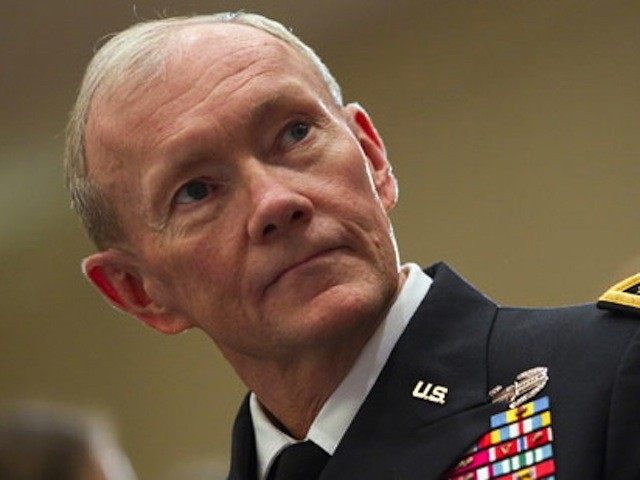President Barack Obama’s decision to abandon Iraq remains the most significant strategic blunder in a generation. Putting politics ahead of strategy, Obama sought to win an argument with history rather than to win the struggle against terror and tyranny in the Middle East. His presidential ambitions depended on his opposition to the Iraq War–which, he decided, also meant opposing the “surge.” He could barely admit the surge worked–and, in office, reversed it as soon as possible.
Little has changed in how Obama conducts foreign policy. While repeating many of the same foreign policy doctrines in Libya and Syria that he once blamed for the war in Iraq, Obama utterly failed to follow through with military commitments, letting Libya descend into chaos, allowing the Benghazi consulate to be sacked, and letting the allied government in Yemen fall without any serious effort to evacuate American citizens. The result: ISIS, Iranian aggression, and regional chaos.
Yet it remains axiomatic within the Obama administration that the surge was a failure. That is the best explanation for the otherwise inexplicable remark by Chairman of the Joint Chiefs of Staff Martin Dempsey that the loss of the Iraqi city of Ramadi to ISIS would not be “symbolic in any way.” The fact that so many Americans died to secure Ramadi, apparently, was not symbolic enough. The only battles the Obama administration wishes to highlight are those it wins (i.e. Iran wins).
Recently, journalist (and virtual Obama stenographer) Jeffrey Goldberg interviewed Sen. Tom Cotton, who fought in Iraq. Reacting to Cotton’s defense of the surge, Goldberg said, incredulously: “I don’t meet that many people these days who think that the problems in Iraq were due to planning issues, study issues, rather than an underlying, faulty premise.” Cotton’s answer, in part: “The ones on the front lines understood.” Others understand as well–but too few, and too late.
On April 17, Emmy Sky wrote in Slate–by any measure, a left-leaning publication–that the mess in the Middle East, and in Iraq in particular, is Obama’s fault, even if the original invasion was ill-conceived (or not). Her insights are worth quoting at length:
“Was it inevitable that Iraq would disintegrate?” I asked Rafi. No, it was not, he assured me. Iraq had been moving in a positive direction after the surge. This downward trajectory began in 2010….Bad decisions taken by Americans in 2010 destroyed the country, he believed. Since then, Obama had regularly cited ending the war in Iraq as one of his greatest foreign policy successes….Nothing that happened in Iraq after the overthrow of Saddam Hussein in 2003 was preordained. There were different potential futures for the country.
Some have called on General Dempsey to apologize. More than an apology, the military needs a strategy for victory, one that Obama is incapable, or unwilling, to provide.

COMMENTS
Please let us know if you're having issues with commenting.